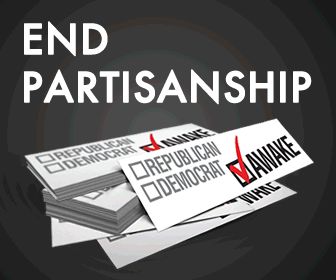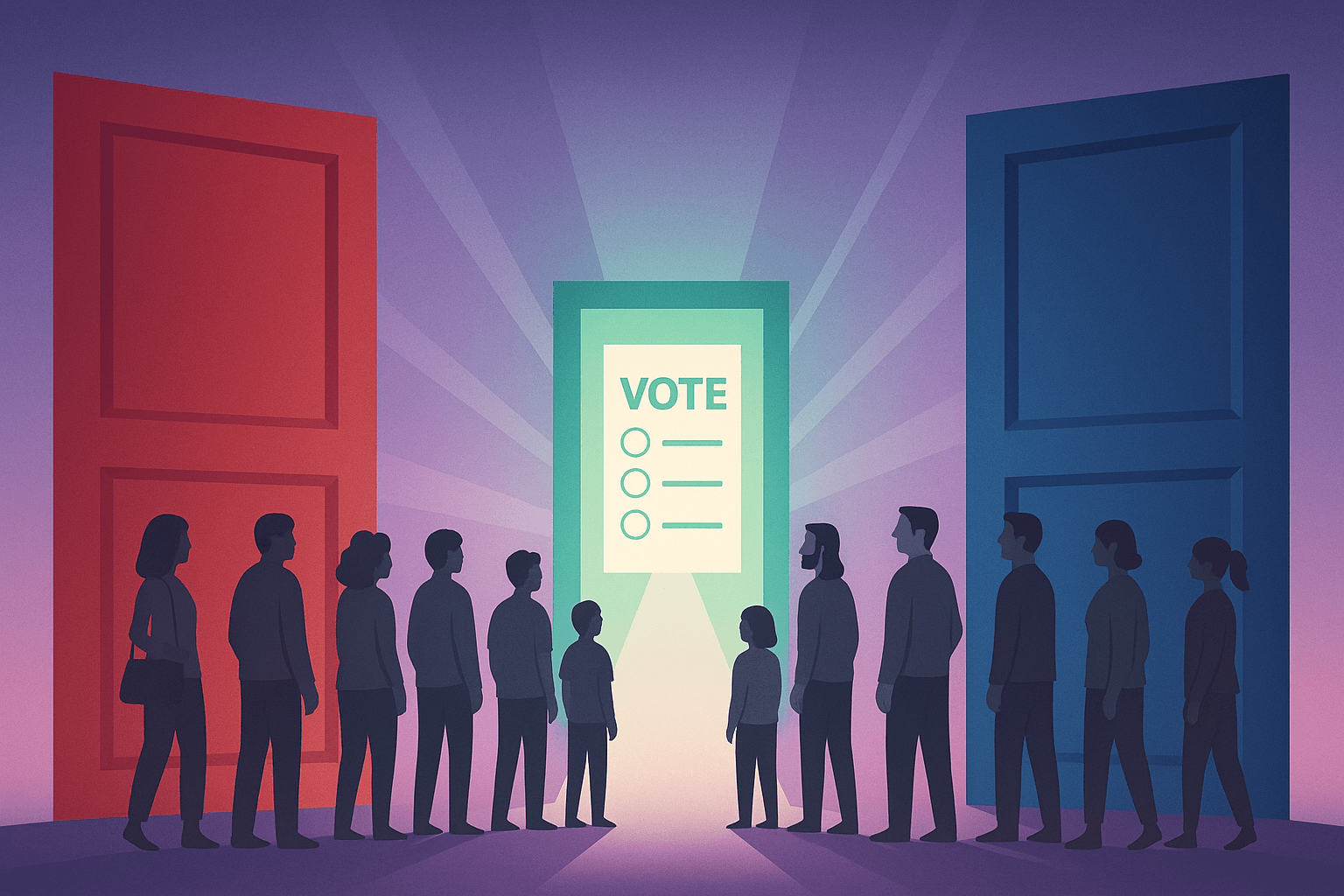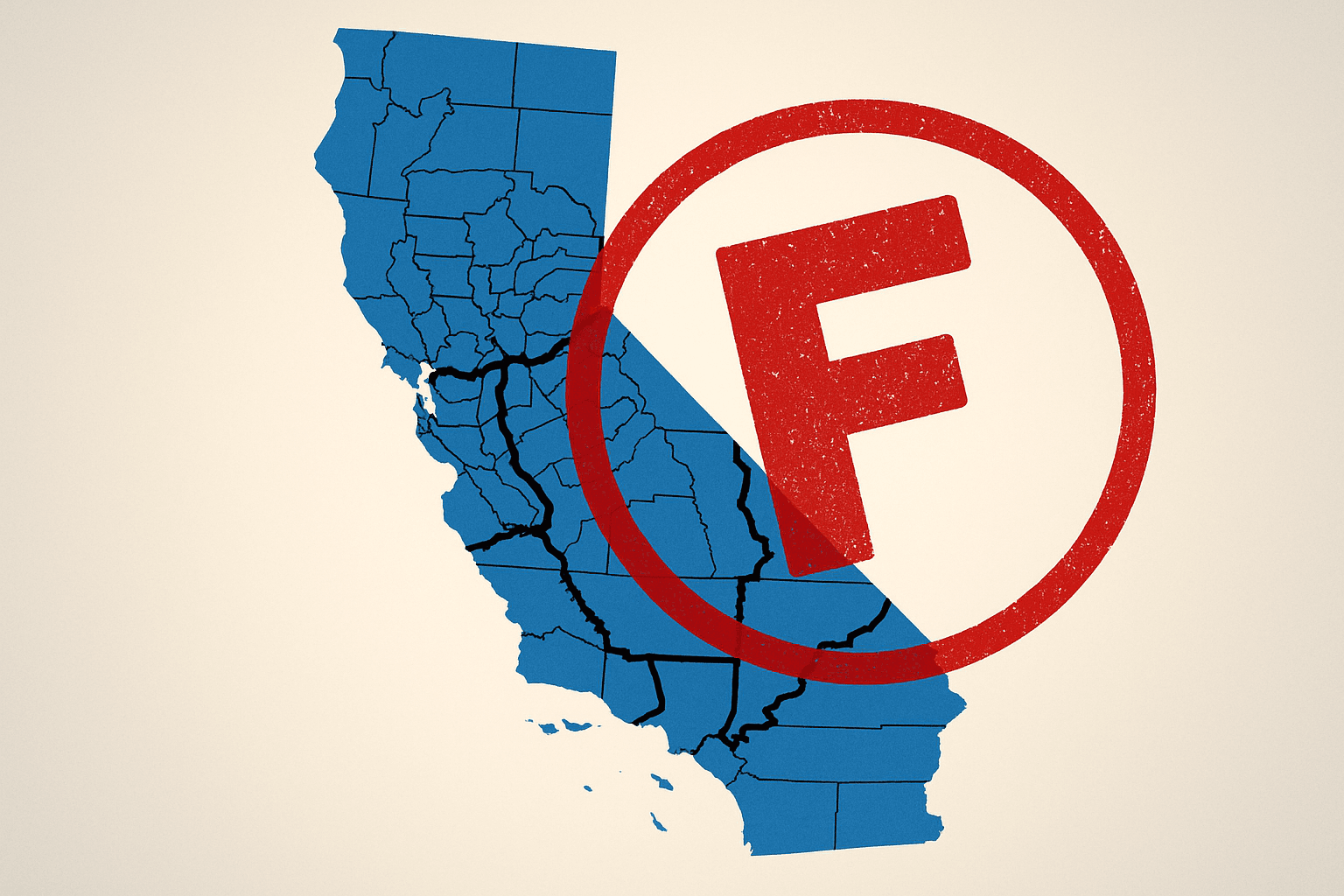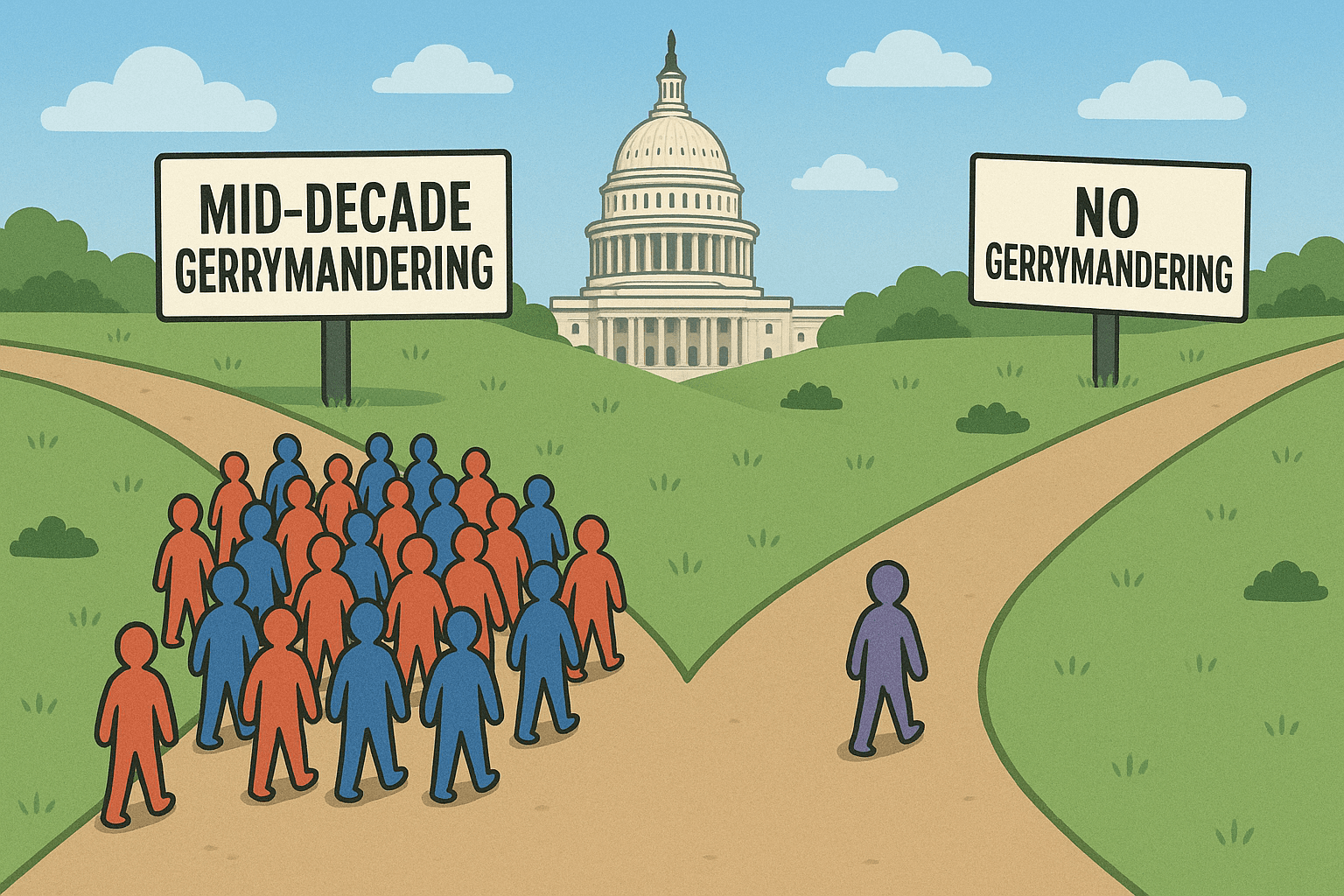Why Congress Won't Do Its Job -- in 1 Chart

One would think that because neither Democrats nor Republicans have unilateral control, now would be the prime time for bipartisan compromise. That today's political climate is ripe for Congress to make headway on some historical legislation, like immigration reform, and for Congress to regain the trust of the American people.
Unfortunately, that's not the case. Members of Congress are more polarized than ever, creating a rift in Washington strong enough to shut our government down, literally and figuratively. Clinging to their party labels, elected officials overwhelmingly vote along party lines, leaving little room for compromise.
"In the 113th Congress, only 59 members have voted with the majority of their party less than 90 percent of the time (20 Republicans and 39 Democrats)," the National Journal writes.
Thirty years ago, both Republicans and Democrats spanned the ideological spectrum, with 344 members of the House falling somewhere in between "the most liberal Republican" and "the most conservative Democrat," the National Journal reports.
Today, the current number of moderates, as defined by FairVote as house members with electoral incentives to work across party lines, is 6.
Why? A partisan electoral process combined with 201 years of gerrymandering means that elections are getting less and less competitive, with a candidate's main challenge occurring in primary elections. When winning the primary, which in 47 states is a partisan process, almost always guarantees victory in general elections, is it any wonder why legislators put party interest above their constituents?
Below is a visualization from the National Journal, using data provided by OpenCongress, of what Congressional gridlock looks like in the 113th Congress.



